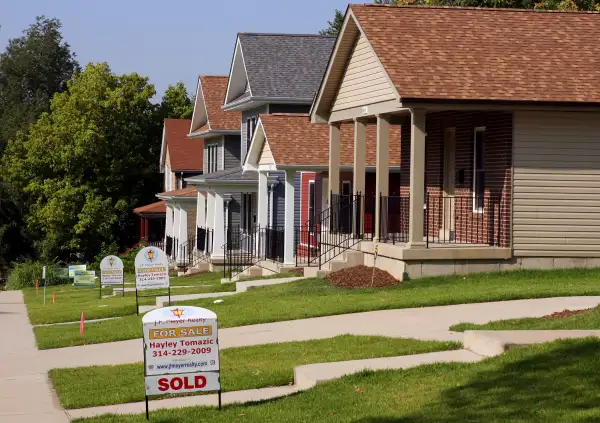This Is Why the Housing Market Needs Immigrants

Homeownership has always been a key part of the “American Dream,” and today, it is increasingly the newest Americans who are pursuing this goal. New research from Trulia.com finds that the gap between native-born and immigrant homeowners is shrinking, providing a vital lifeline to the nation’s housing market even as the number of Americans overall who own their own homes continues to trend downward.
Today, the gap between native-born and immigrant homeowners is about 15%, down from nearly 21% 15 years ago.
After rising steadily from 1994 to 2005, the homeownership rate of native-born Americans fell in each subsequent year, from a peak of 72% to 66% at the end of 2015. The homeownership rate of foreign-born residents peaked in 2007 at 54%, but since then hasn’t fallen as steadily and has held roughly flat at 50% since 2013.
There are also significant variations by state, Trulia found. For instance, while both New York and California are home to a higher ratio of foreign-born residents, immigrants are much more apt to become homeowners in California. That could be a function of differences in the housing markets, or differences in how long each state's respective immigrant population has been in the country.
It can take new Americans longer to get a foothold in the housing market, especially those who have been in the country less than five years. This population tends to have lower ownership rates in part because they haven’t built up enough of a U.S.-based credit history to get a mortgage.
Trulia found that states with sizable recently arrived immigrant populations were apt to have lower homeownership rates than states with more established foreign-born residents, but the longer they were here, the more likely immigrants were to take the plunge and buy homes. In fact, Trulia’s data shows that foreign-born Americans who have been here for a decade or more often own homes at a similar or higher rate than their native-born counterparts.
That's good for foreign-born Americans: Economists say that investing in a home and building equity in a tax-protected asset rather than paying rent year after year is a reliable path to building wealth over the long term. But this investment in homeownership also benefits the communities where they live and the local housing market as well. “New home buying spurs employment and related economic activity that benefits communities,” the Trulia report noted.
